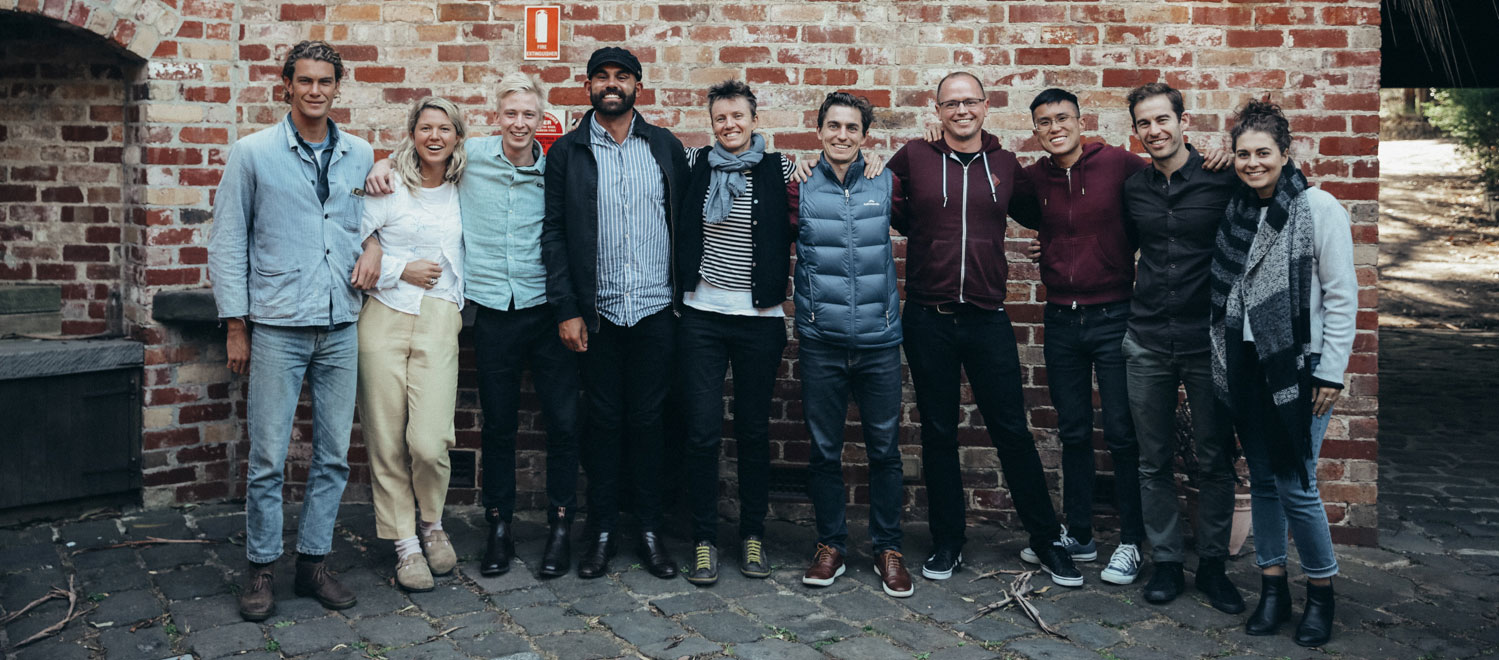What social enterprise can learn from business

If you’ve got a passion for helping people who face disadvantage and decide to establish a social enterprise, that’s great. But if you do, make sure you operate to proper business principles, or you may run out of steam to keep ‘doing good’.
With more than 20,000 Australian social enterprises operating in areas such as social justice, health, economic disadvantage, education and the environment, we are known as a benevolent society where help is at hand.
And while that means we have lots of people working towards the ‘greater good’, social entrepreneurs also need to make sure they strike a balance between social good and business viability so they can continue to deliver positive social impact.
Ming Low is a co-founder at Impact Co. an advisory firm and incubator supporting startups and established organisations aimed at having positive social benefit in the health, wellbeing and disability sectors.
Have realistic objectives
According to Ming, from the outset, it’s vital to ensure a strong product-market fit.
“The mission of social enterprises to deliver social good is a key point of differentiation to for-profit businesses. However, even with this underlying social purpose, these enterprises must still have a desirable product or service,” he said.
“To achieve market traction, it is essential that you have a strong understanding of the needs of your target customer segment. Once this is done, you must ensure that there is demand for your product or service, which can be identified by undertaking as much market testing as you can.
That way, you can be confident people will buy and support what you have to offer.”
Ming suggests that the best kind of market testing is testing that mimics real life situations. This means that if you’re trialling a product or service, allow a customer to use it how they would ordinarily in their everyday life, then observe how they use it, respond to it and talk about it.

Balancing profit with purpose
Social enterprises have the potential to deliver significant social impact but can be complex to operate – compared with a traditional business, you’ve got so many more factors to navigate.
With the added overlay of ‘doing good’, your viability depends on getting your product and structures right from the outset to ensure that your enterprise can effectively balance profit with purpose.
On an ongoing basis Ming suggests, it’s also just as important that you operate flexibly and are adaptive to changing circumstances, just like any good business.
As your enterprise grows, looking externally becomes increasingly important. Enterprises will need to keep up-to-date with market changes, customer needs and new entrants to ensure that they have the necessary intelligence and data to respond to changes.
“The reality is, things will keep on changing and, like any successful business, your social enterprise will need to keep up.”
Victoria has a range of free or low-cost advisory services that can help start-up or growing social enterprises.
Find help on our Social Enterprise web page.